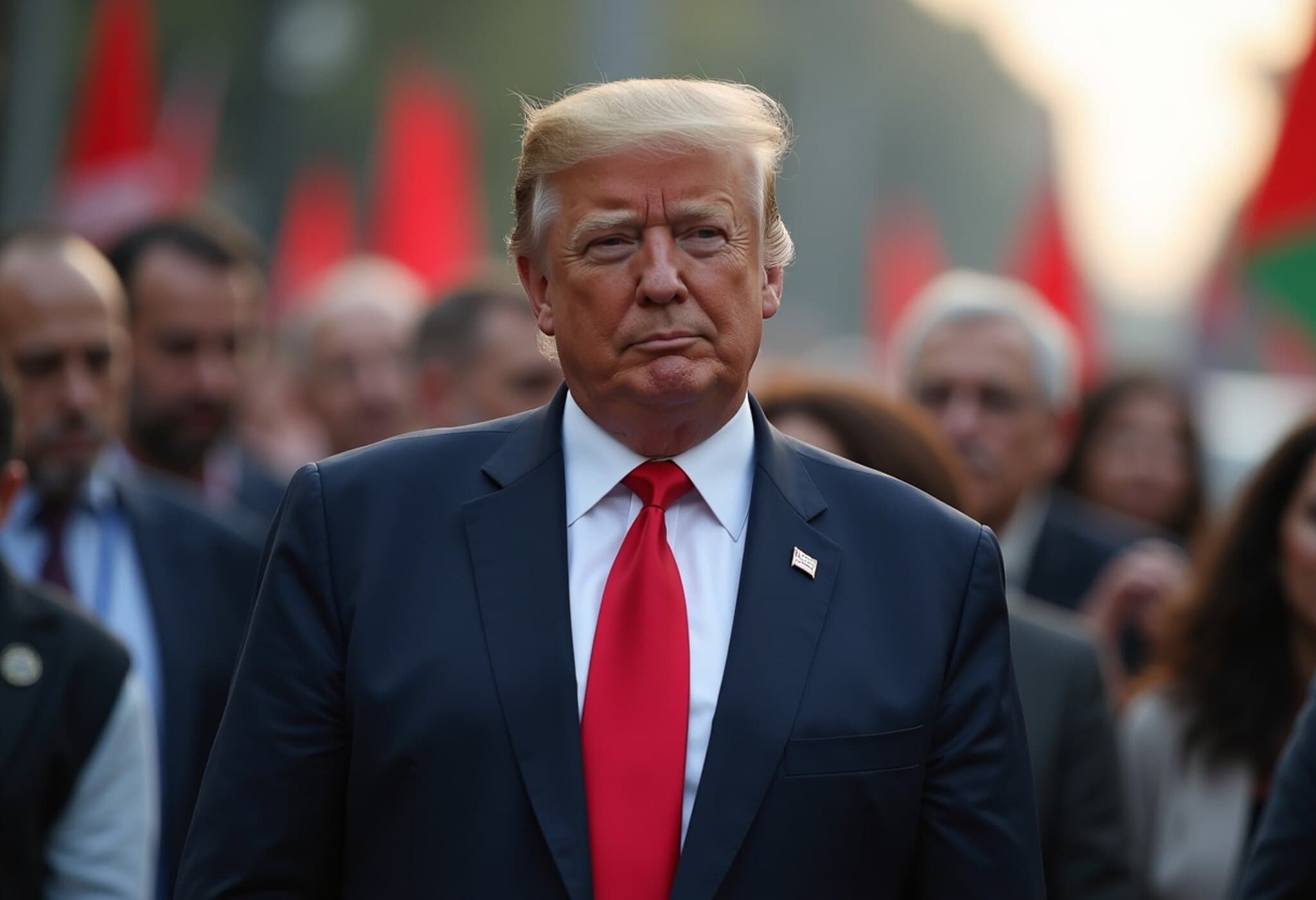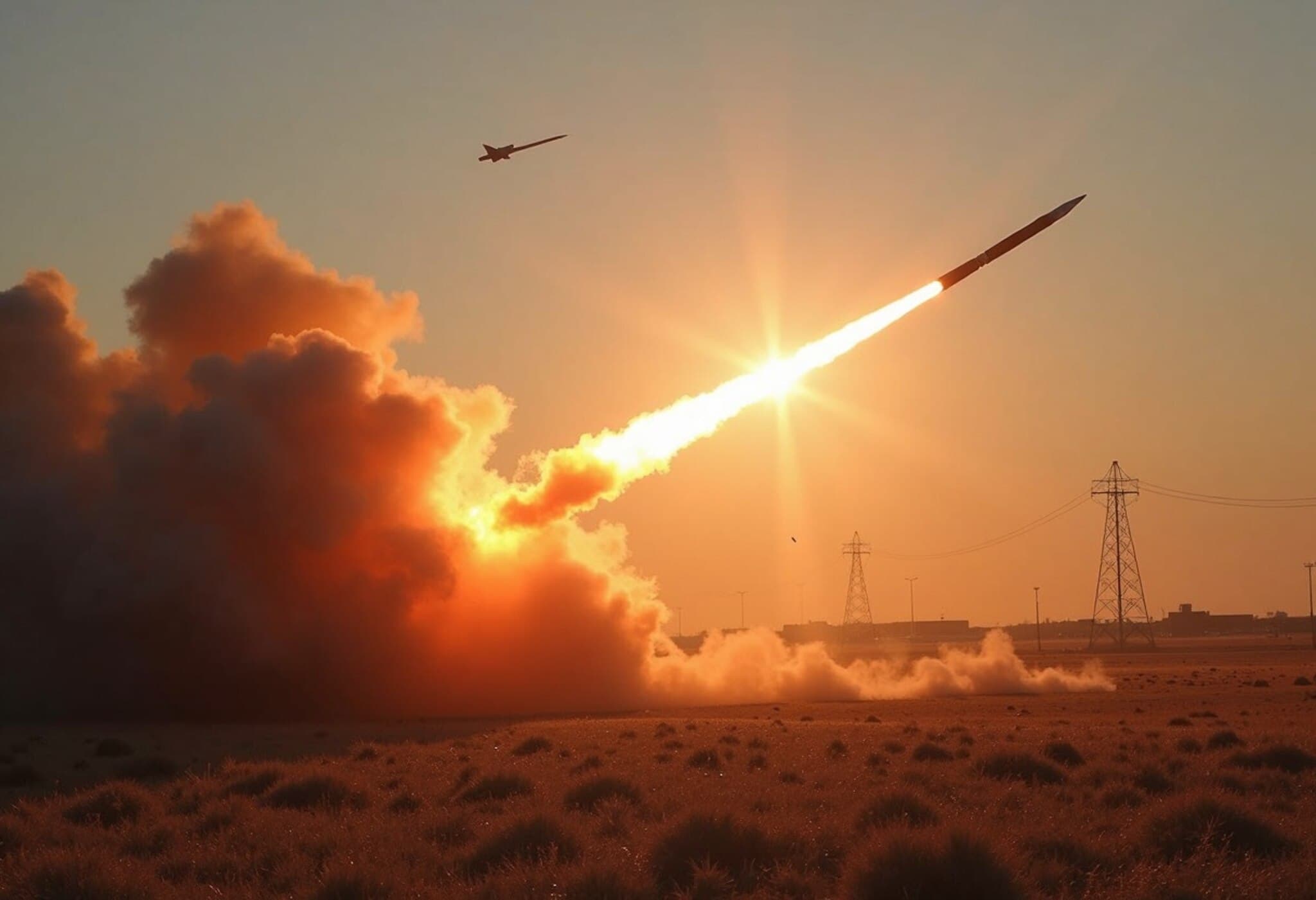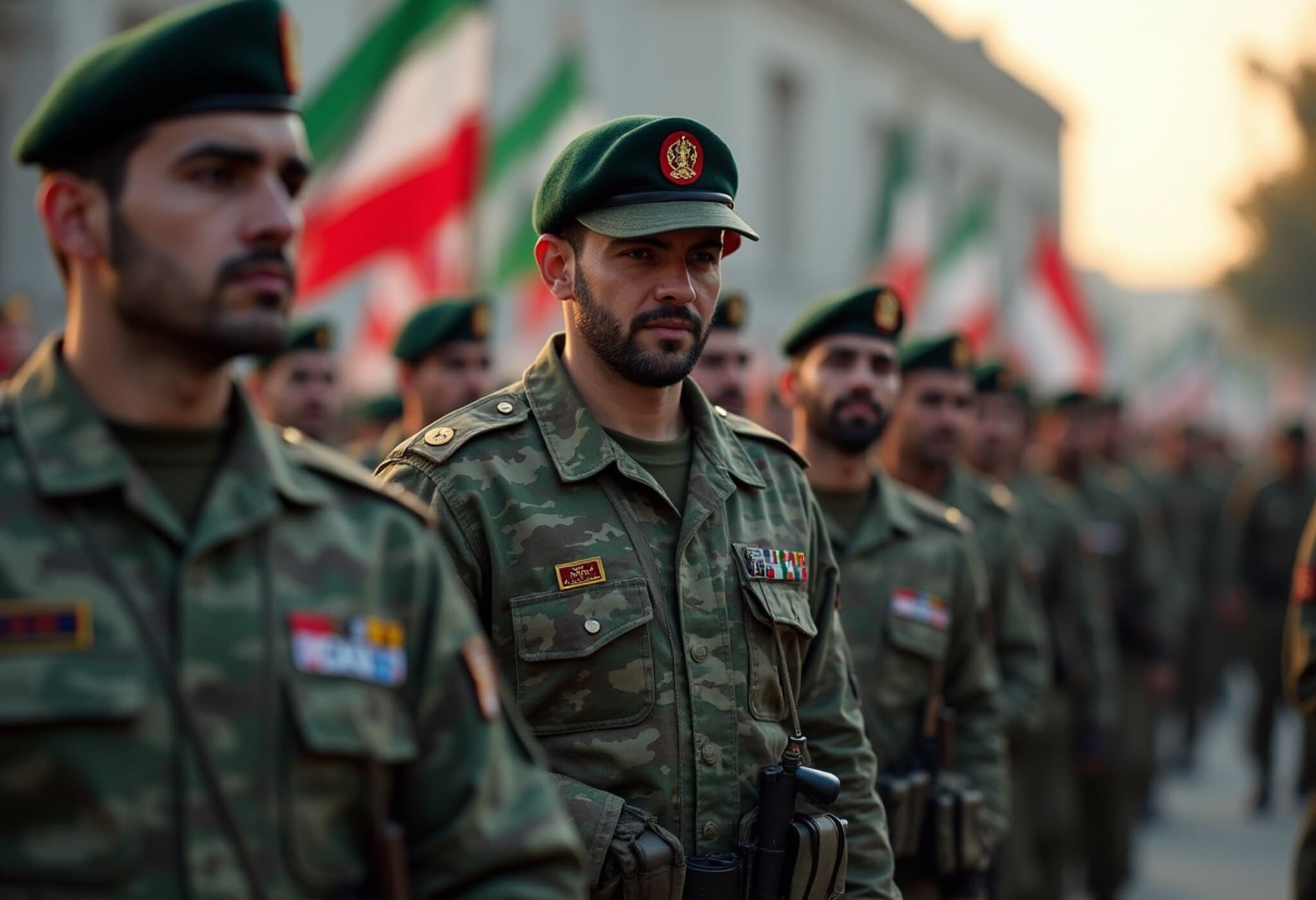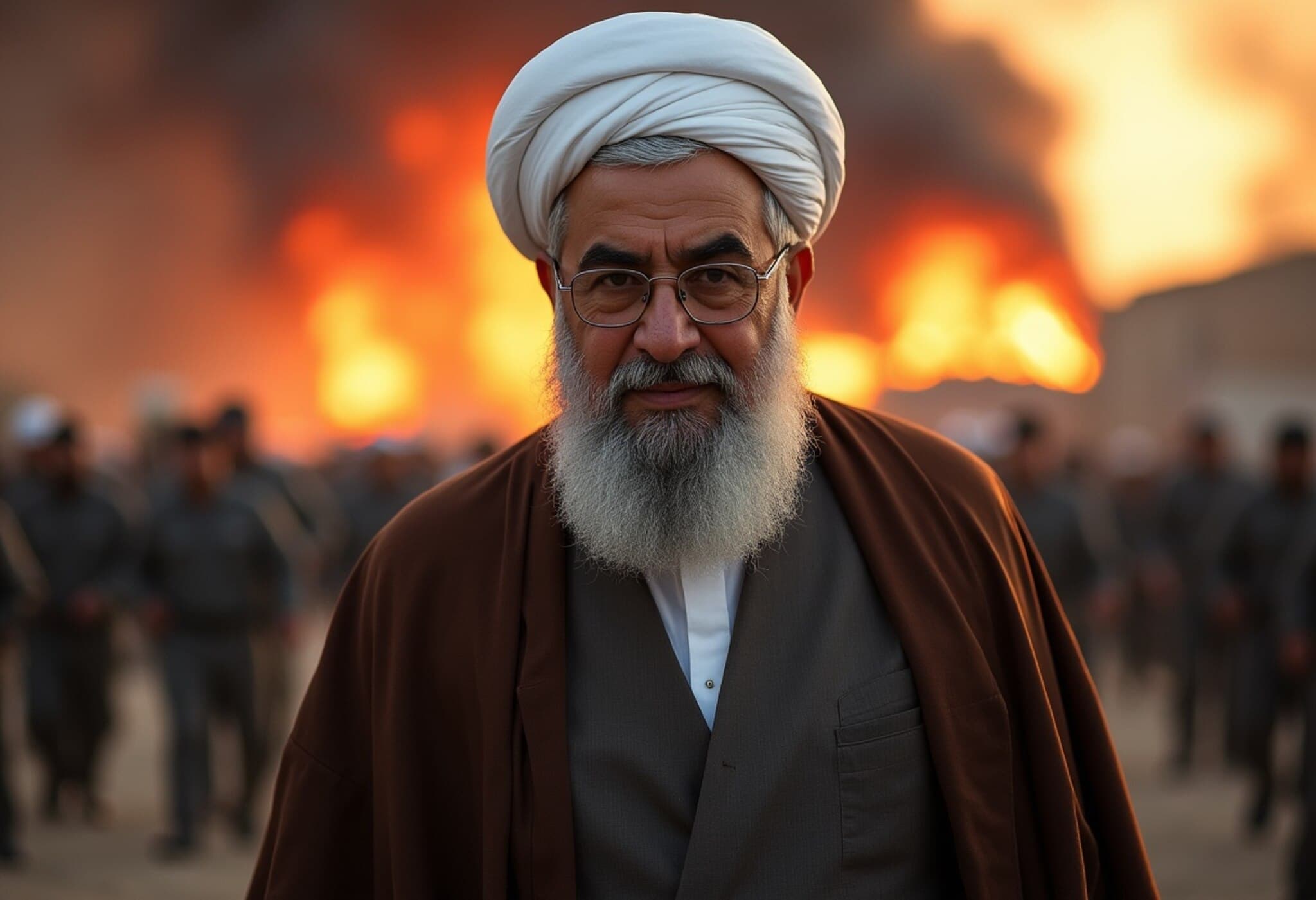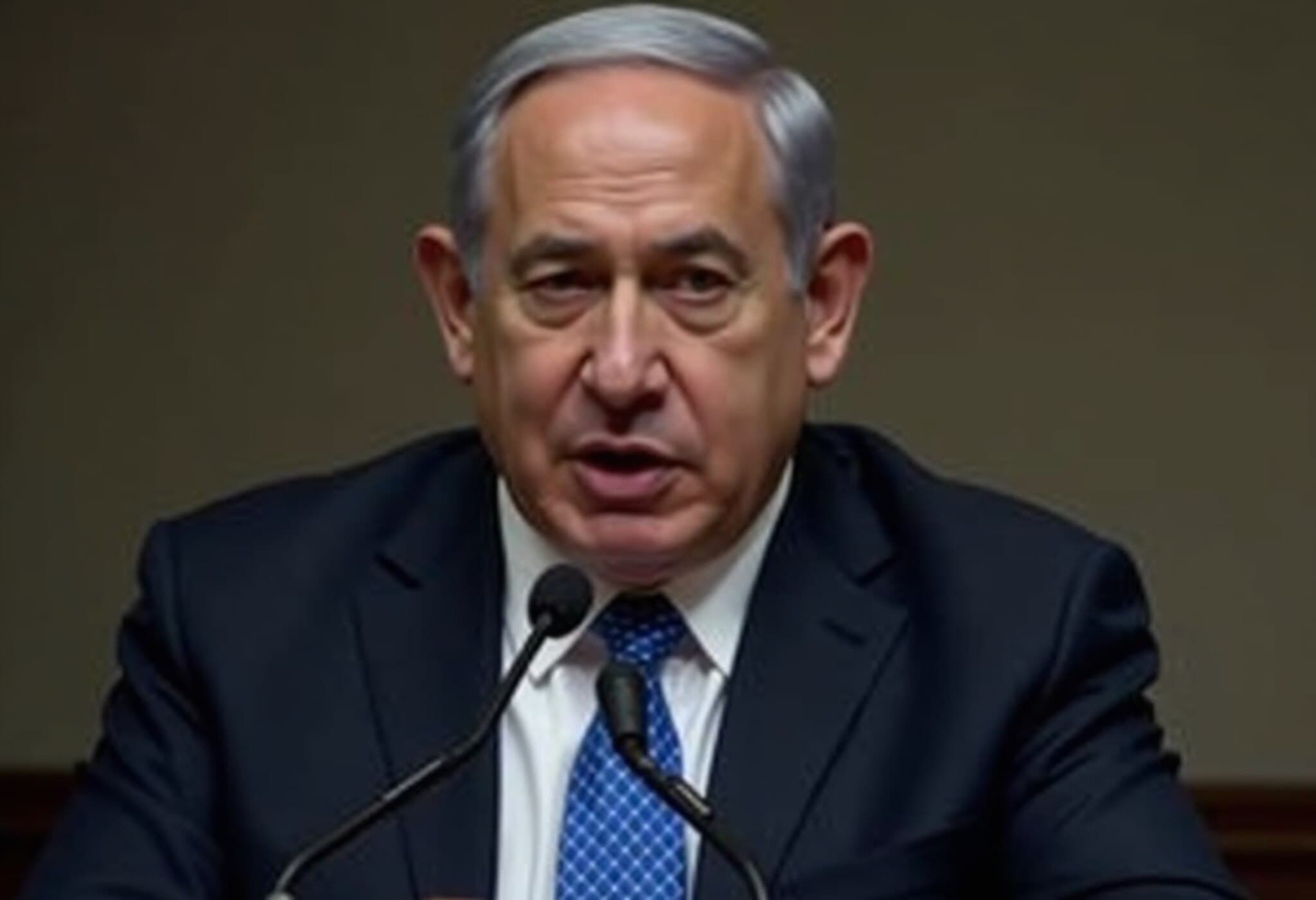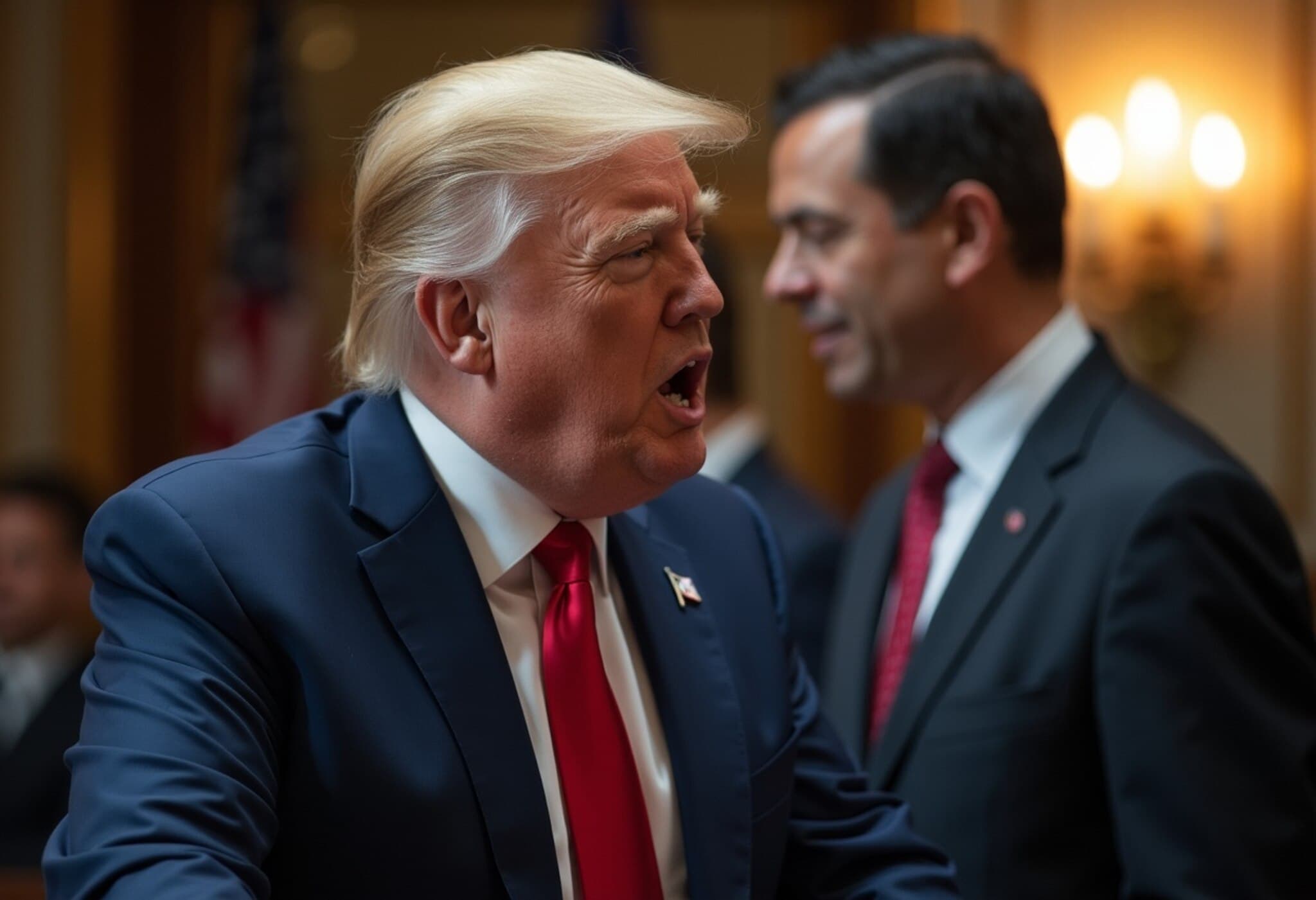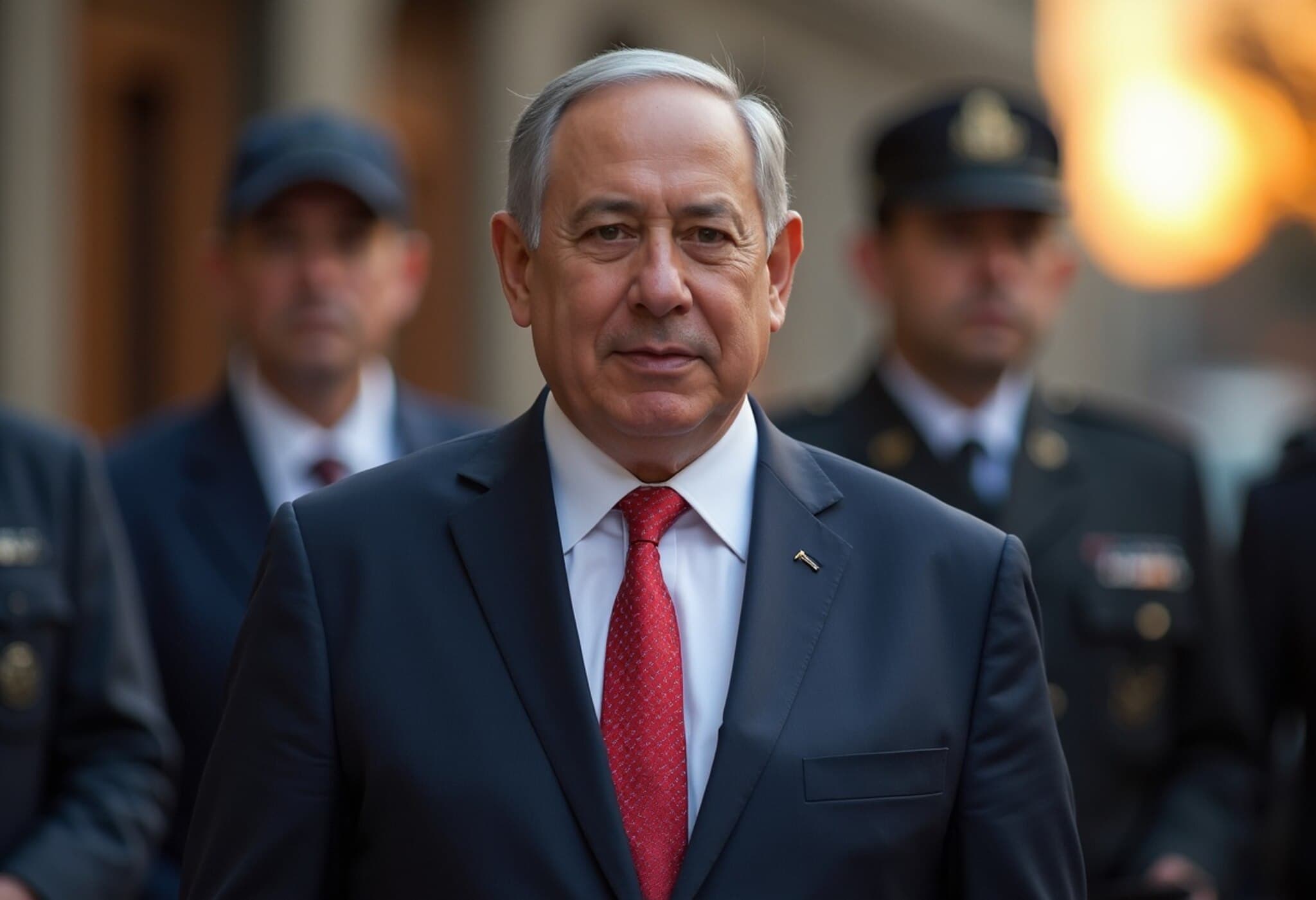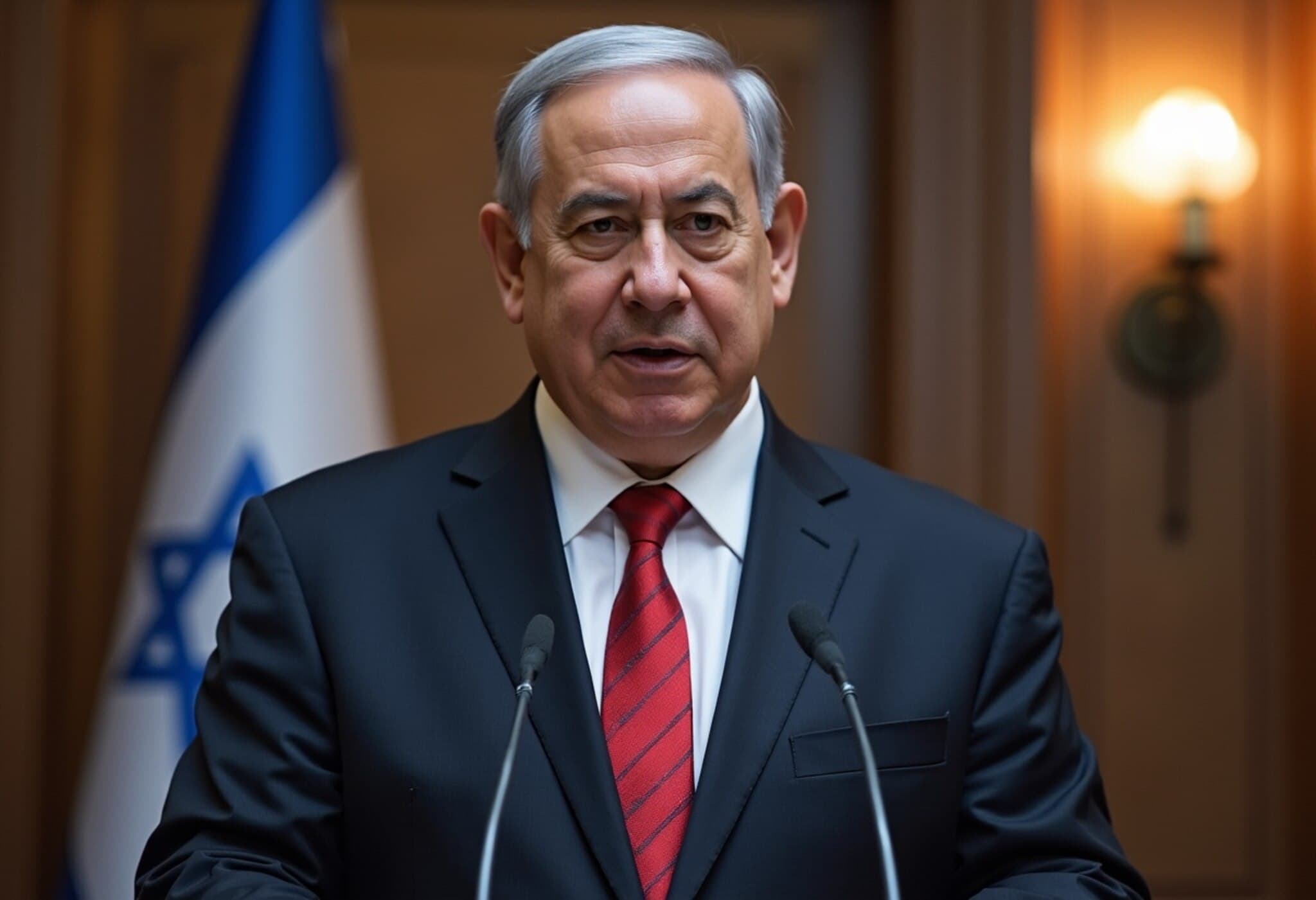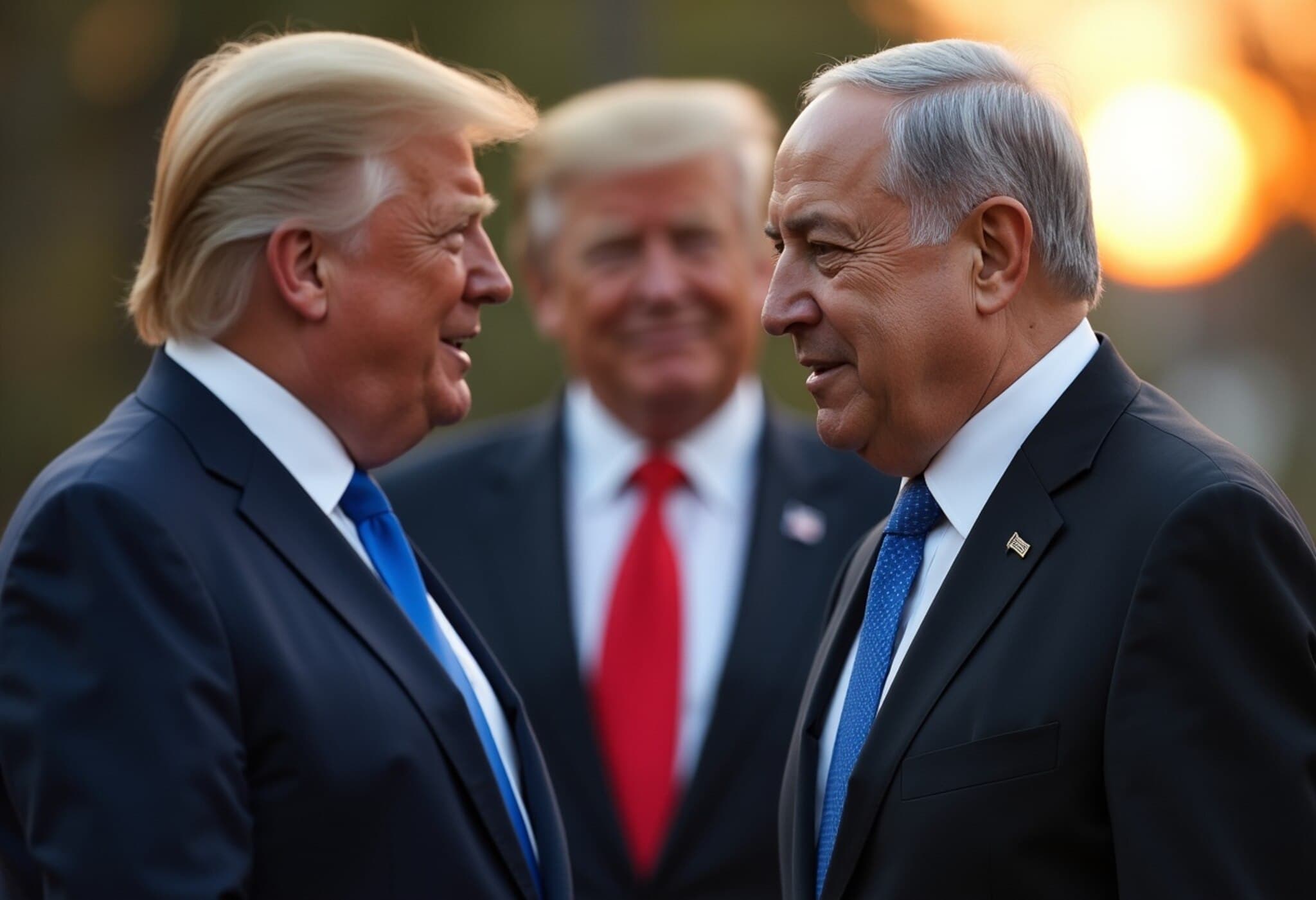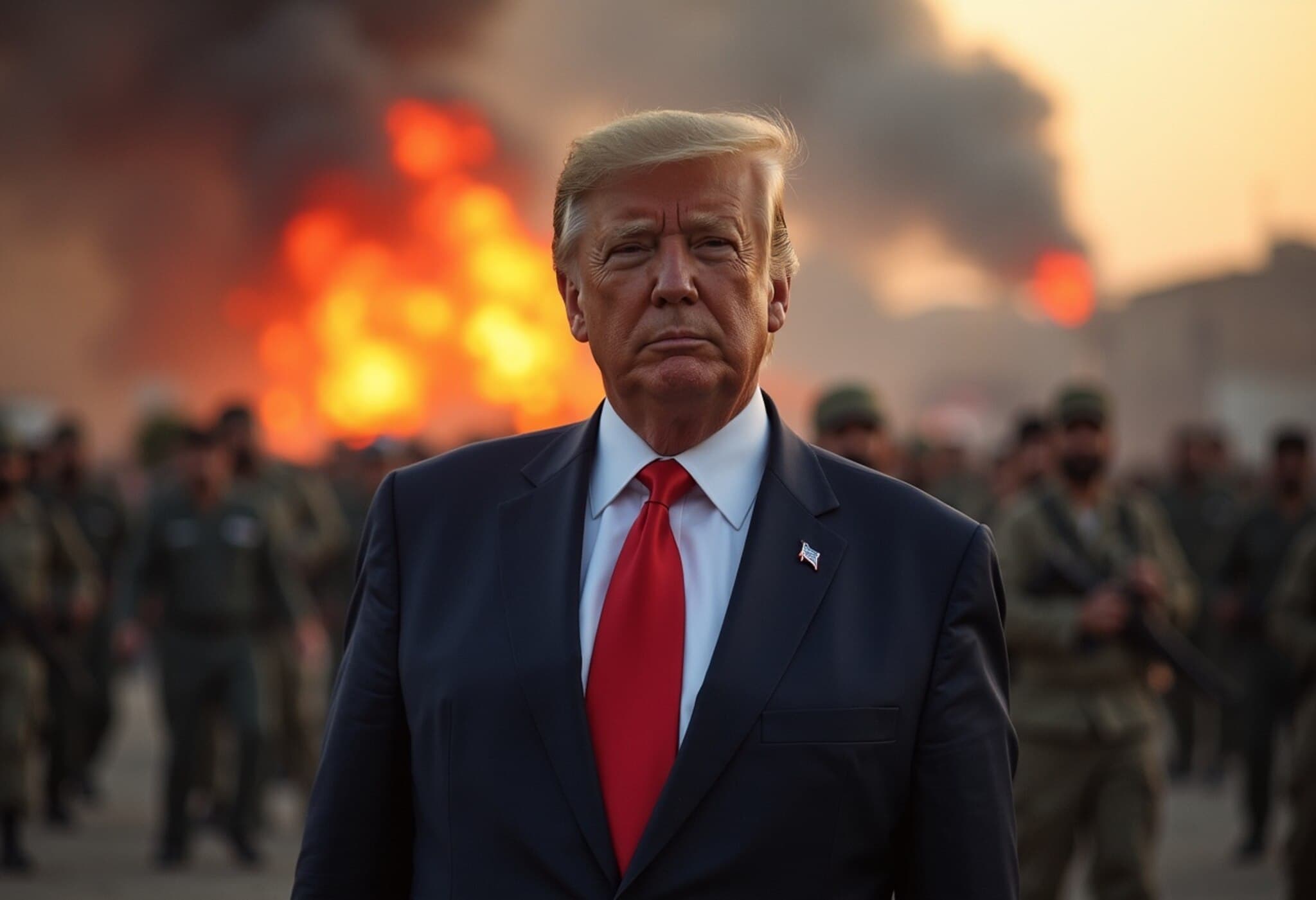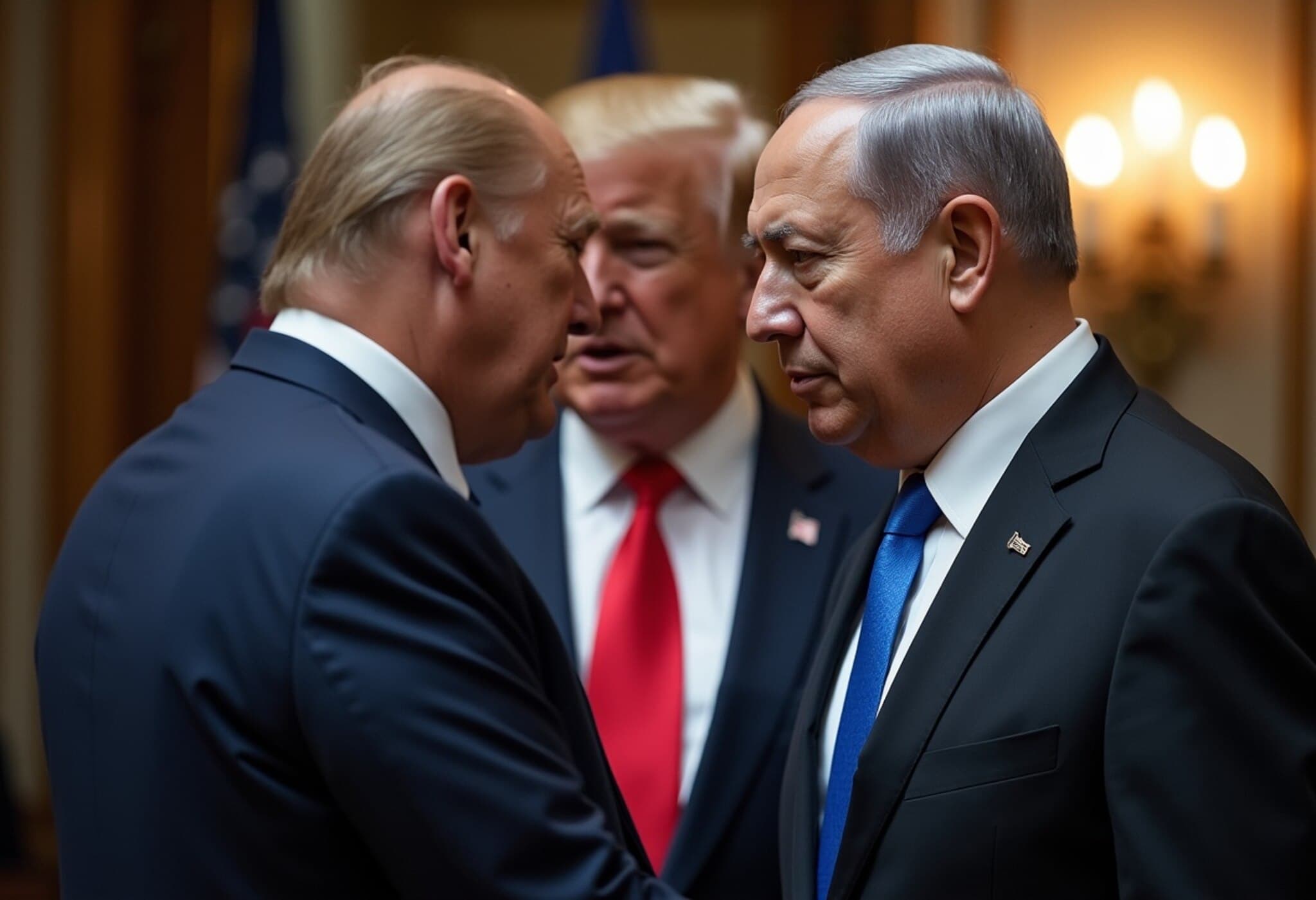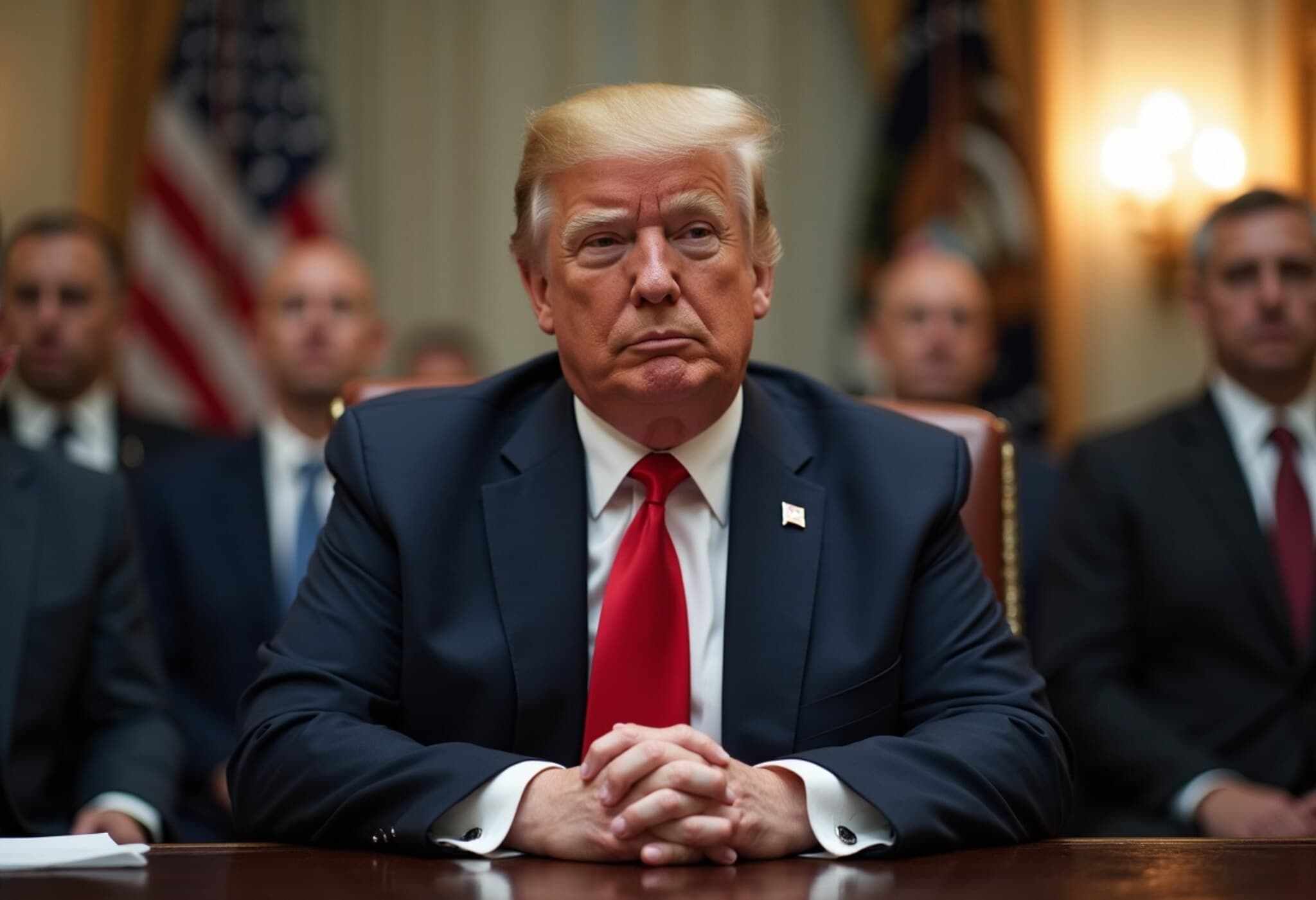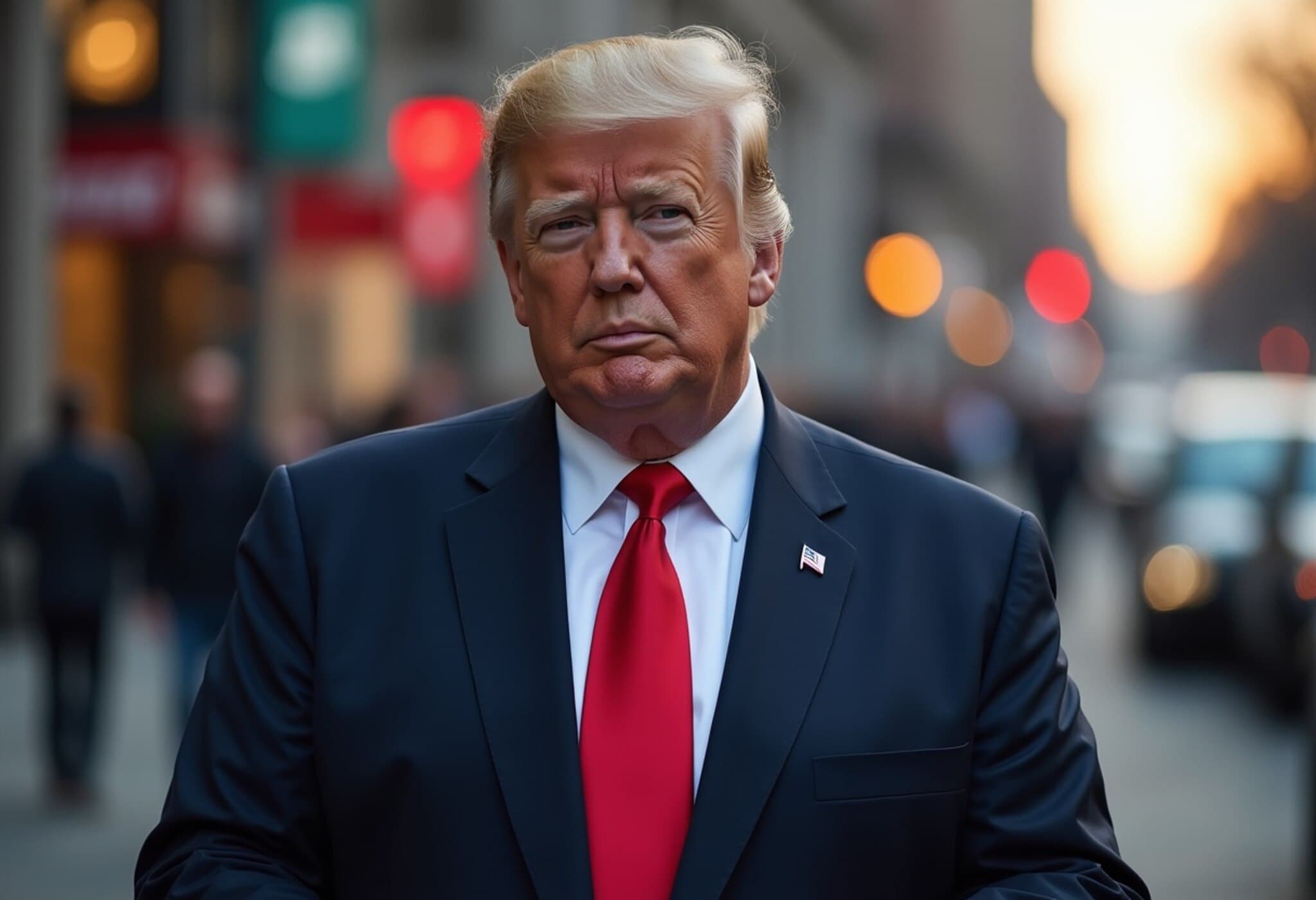Trump Questions Netanyahu's Motives Amid Gaza Conflict
In a notable shift within the complex US-Israel relationship, former President Donald Trump is increasingly convinced that Israeli Prime Minister Benjamin Netanyahu may be prolonging the ongoing Gaza conflict for political advantage. According to a report published by The Atlantic, citing two anonymous US administration officials, Trump suspects Netanyahu is obstructing ceasefire negotiations to consolidate his domestic political standing.
Underlying Frictions Without Breaking Ties
Despite this deepening mistrust, insiders reveal that Trump is unlikely to take any direct actions against Netanyahu. A White House official emphasized to The Atlantic that “there is no significant rupture” in the US-Israel alliance, cautioning that vigorous disagreements are common among longtime allies. However, these tensions do signal a subtle recalibration of bilateral relations against a backdrop of an increasingly volatile Middle East.
Political Stakes and Regional Stability
Prime Minister Netanyahu’s perceived reluctance to end hostilities swiftly complicates American efforts to stabilize the region and advance broader economic and diplomatic initiatives. These efforts include ongoing trade deals and business partnerships intended to foster long-term peace and development across the Middle East.
U.S. envoy Steve Witkoff’s recent visit to Israel, reportedly tasked with an independent review of aid delivery mechanisms to Gaza, underscores growing Washington concerns about a worsening humanitarian crisis, including an alarming rise in hunger among civilians in Gaza.
Contrasting Approaches to the Gaza Ceasefire
While Trump has expressed frustration privately and publicly, particularly regarding Israel’s humanitarian policies, he maintains a firm stance blaming Hamas for the failure of ceasefire talks. Notably, the former president has resisted aligning with European counterparts like France and the United Kingdom, who recently threatened to recognize a Palestinian state if Israel does not improve Gaza’s humanitarian conditions and commit to peace negotiations.
On social media platform Truth Social, Trump appealed directly: “The fastest way to end the Humanitarian Crises in Gaza is for Hamas to SURRENDER AND RELEASE THE HOSTAGES!!!” This message reflects his unwavering position that Hamas bears responsibility for the ongoing suffering.
Past Gestures Contrast With Current Strains
Just weeks ago, the rapport between Trump and Netanyahu appeared somewhat cordial. Trump publicly condemned the prosecutors handling Netanyahu’s corruption trial as “out-of-control,” while Netanyahu famously nominated Trump for the Nobel Peace Prize — a symbolic nod to Trump’s aspirations for a legacy-making peace breakthrough.
Yet, these gestures gave way to renewed strain as Netanyahu’s policies and rhetoric regarding Gaza’s humanitarian plight diverged sharply from Trump’s perspectives, leading to the former president’s envoy being dispatched to demand better aid access.
Unforeseen Military Actions Escalate Concerns
The situation has been further complicated by Israeli strikes in Syria and a missile incident that damaged Gaza’s only Catholic church—events that took the White House by surprise and intensified scrutiny over Israel’s military tactics amid civilian suffering.
Expert Analysis: Implications for US Foreign Policy
These developments illustrate the delicate balance the United States must maintain in navigating alliances and regional stability while addressing humanitarian imperatives. An expert in Middle East policy remarked, “The US faces a diplomatic tightrope—supporting a key ally like Israel, while responding to growing global calls for alleviating civilian misery in Gaza and seeking a durable peace.”
The Trump-Netanyahu dynamic also reverberates through domestic US politics, influencing policy debates on America’s role in the Middle East amid shifting global alliances and humanitarian challenges.
Broader Questions Raised
- How might internal Israeli politics influence decisions on the Gaza conflict?
- What role will humanitarian concerns play in shaping future US foreign policy?
- Could US-Israel tensions create openings for alternative diplomatic approaches?
Editor's Note
The unfolding tensions between Donald Trump and Benjamin Netanyahu over the Gaza conflict shed light on the complexity of US-Israel relations at a pivotal moment. While Trump’s suspicions suggest a rare degree of public skepticism toward an allied leader, the enduring partnership remains strategically critical. This situation underscores the challenging interplay between political calculations, humanitarian crises, and international diplomacy. It invites readers to reflect on the difficult choices faced by global leaders when ethical imperatives collide with geopolitical interests.

